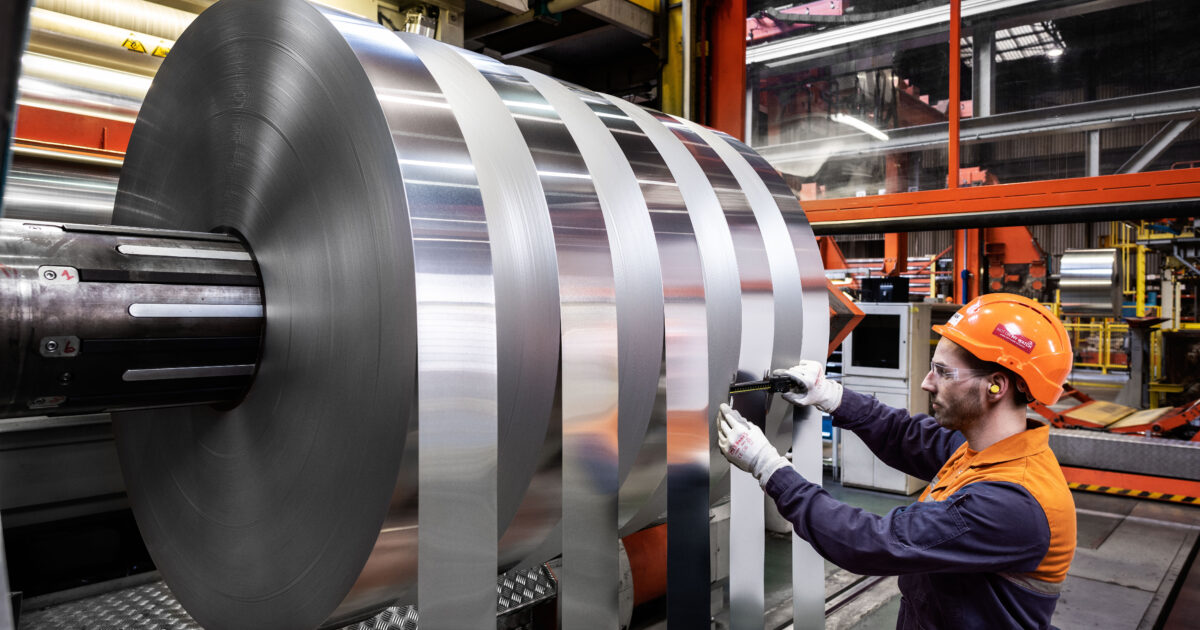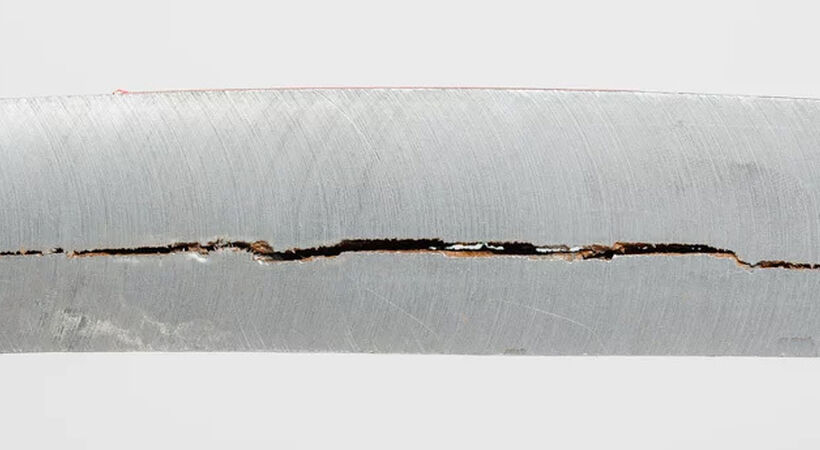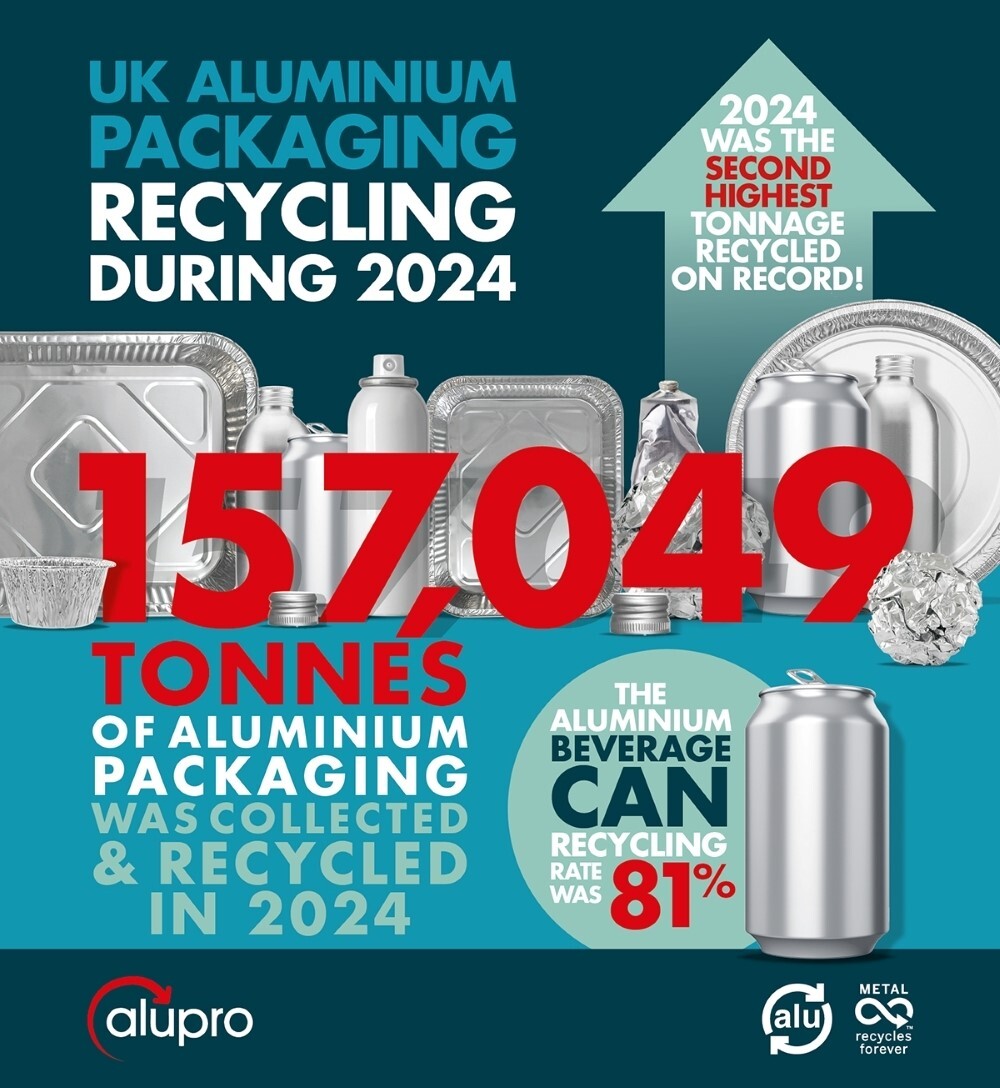The recent decision by the Trump administration to increase Section 232 aluminum tariffs from 25% to 50% has sent ripples through the industry, drawing a strong reaction from the US Aluminum Association. This move, intended to bolster domestic production, is seen by many within the industry as a potential threat to its very foundation.
Charles Johnson, President and CEO of the Aluminum Association, voiced significant concerns, stating that the 50% tariff “threatens to undermine the very industry the administration aims to support.” He emphasized the critical distinction between aluminum and steel, highlighting their fundamentally different supply chains, market dynamics, and strategic challenges. A “one-size-fits-all” approach to trade policy, Johnson argued, risks unintended consequences for both the US economy and its national defense capabilities.
The potential ramifications of such a substantial tariff are far-reaching. A 50% tariff rate could lead to increased prices for consumers, subsequently decreasing demand for aluminum products. This, in turn, could hinder the industry’s ability to adequately serve the US defense industrial base, a sector vital for national security.
While acknowledging the administration’s focus on repatriating aluminum production and jobs to the United States, the Aluminum Association remains committed to supporting these goals. However, they are urging the administration to reconsider the recent tariff hike. Johnson expressed the association’s eagerness to collaborate with the administration, aiming to articulate the industry’s concerns regarding Section 232 tariffs and propose alternative strategies that would genuinely foster the growth and prosperity of the US aluminum industry.
This situation underscores the delicate balance between protecting domestic industries and ensuring their long-term health and competitiveness. The Aluminum Association’s plea highlights the importance of nuanced policy-making that considers the unique characteristics of each industry, rather than broad strokes that could inadvertently cause more harm than good. The coming weeks will likely see continued dialogue between the industry and the administration as they navigate these complex economic waters.
Source: Aluminum Association with additional information added by GlassBalkan







